The world population is growing rapidly, and by 2050, it is estimated that we will need to produce 70% more food to meet the increasing demand. However, factors such as limited land, water scarcity, and climate change pose significant challenges to traditional farming methods. In the face of these obstacles, nano farming has emerged as a game-changer, offering a promising solution to revolutionize the agricultural sector. This article will delve into the concept of nano farming, its benefits, and its potential to shape the future of agriculture. Understanding Nano Farming: Nano farming involves the application of nanotechnology in agriculture, specifically in the production and distribution of crops. It leverages the use of nanoparticles, nanosensors, and nanomaterials to enhance crop growth, improve nutrient absorption, and mitigate pests and diseases. Harnessing the power of nanotechnology allows farmers to optimize conditions and maximize efficiency through precise monitoring and targeted interventions.
.
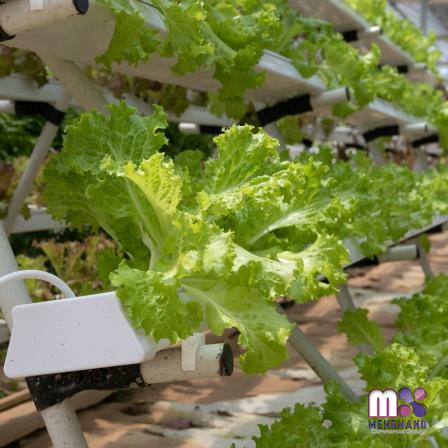 Increased Efficiency and Productivity: One of the key benefits of nano farming lies in its potential to significantly increase efficiency and productivity in agriculture. Nanosensors embedded in soil can provide real-time data on moisture levels, nutrient content, and overall plant health. This enables farmers to optimize irrigation and fertilization, minimizing resource waste while maximizing crop yields. Nano-sized delivery systems can deliver nutrients and pesticides directly to plant cells, ensuring their effective utilization while reducing environmental contamination. Water and Resource Management: Nano farming addresses the pressing issue of water scarcity by revolutionizing water management techniques. Nanosensors can monitor soil moisture levels with exceptional accuracy, allowing for precise irrigation measures. By reducing water wastage and optimizing watering schedules, nano farming helps conserve this vital resource. Furthermore, nanotechnology can improve nutrient absorption, decreasing the need for excess fertilizers and minimizing runoff pollution.
Increased Efficiency and Productivity: One of the key benefits of nano farming lies in its potential to significantly increase efficiency and productivity in agriculture. Nanosensors embedded in soil can provide real-time data on moisture levels, nutrient content, and overall plant health. This enables farmers to optimize irrigation and fertilization, minimizing resource waste while maximizing crop yields. Nano-sized delivery systems can deliver nutrients and pesticides directly to plant cells, ensuring their effective utilization while reducing environmental contamination. Water and Resource Management: Nano farming addresses the pressing issue of water scarcity by revolutionizing water management techniques. Nanosensors can monitor soil moisture levels with exceptional accuracy, allowing for precise irrigation measures. By reducing water wastage and optimizing watering schedules, nano farming helps conserve this vital resource. Furthermore, nanotechnology can improve nutrient absorption, decreasing the need for excess fertilizers and minimizing runoff pollution.
..
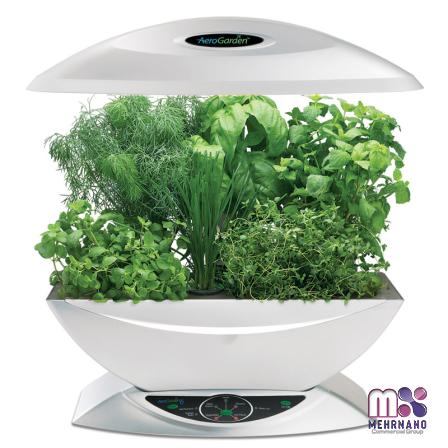 Enhanced Pest and Weed Control: Traditional agriculture relies heavily on chemical pesticides and herbicides, which can have detrimental effects on the environment and human health. Nano farming offers a safer alternative by developing nanomaterial-based pest control strategies. Nanoparticles with antifungal and antimicrobial properties can safeguard crops from diseases, while nanocapsules can selectively release herbicides, targeting weeds without harming crops. This precise application significantly reduces the environmental impact and promotes sustainable farming practices. Vertical Farming and Urban Agriculture: Nano farming can be seamlessly integrated into modern farming techniques such as vertical farming and urban agriculture. Vertical farms, using stackable shelves or vertical towers, can be equipped with nanosensors to monitor and control environmental factors such as temperature, humidity, and lighting.
Enhanced Pest and Weed Control: Traditional agriculture relies heavily on chemical pesticides and herbicides, which can have detrimental effects on the environment and human health. Nano farming offers a safer alternative by developing nanomaterial-based pest control strategies. Nanoparticles with antifungal and antimicrobial properties can safeguard crops from diseases, while nanocapsules can selectively release herbicides, targeting weeds without harming crops. This precise application significantly reduces the environmental impact and promotes sustainable farming practices. Vertical Farming and Urban Agriculture: Nano farming can be seamlessly integrated into modern farming techniques such as vertical farming and urban agriculture. Vertical farms, using stackable shelves or vertical towers, can be equipped with nanosensors to monitor and control environmental factors such as temperature, humidity, and lighting.
…
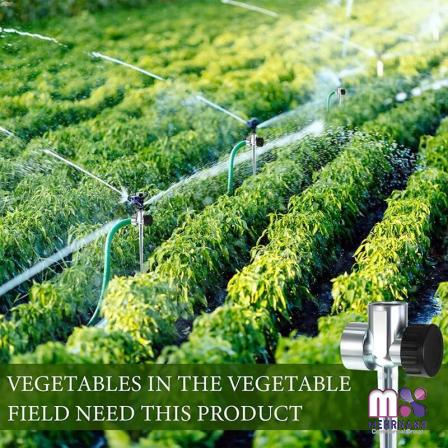 This enables year-round production of fresh and nutritious crops in urban areas, minimizing the need for long-distance transportation and reducing carbon footprints. Challenges and Future Prospects: While nano farming holds immense promise, it is crucial to address potential concerns, such as the long-term environmental impact of nanomaterials and the ethical implications of altering plants at the molecular level. In addition, further research is required to optimize nanotechnology applications and ensure affordability for small-scale farmers in developing regions. Conclusion: Nano farming represents a monumental leap forward in agricultural technology, providing solutions to some of the most pressing challenges faced by traditional farming methods. With its potential to enhance efficiency, conserve resources, and promote sustainable practices, nano farming offers a bright future for agriculture. By embracing this innovative approach, we can nourish our growing populations while mitigating the environmental impact of food production.
This enables year-round production of fresh and nutritious crops in urban areas, minimizing the need for long-distance transportation and reducing carbon footprints. Challenges and Future Prospects: While nano farming holds immense promise, it is crucial to address potential concerns, such as the long-term environmental impact of nanomaterials and the ethical implications of altering plants at the molecular level. In addition, further research is required to optimize nanotechnology applications and ensure affordability for small-scale farmers in developing regions. Conclusion: Nano farming represents a monumental leap forward in agricultural technology, providing solutions to some of the most pressing challenges faced by traditional farming methods. With its potential to enhance efficiency, conserve resources, and promote sustainable practices, nano farming offers a bright future for agriculture. By embracing this innovative approach, we can nourish our growing populations while mitigating the environmental impact of food production.



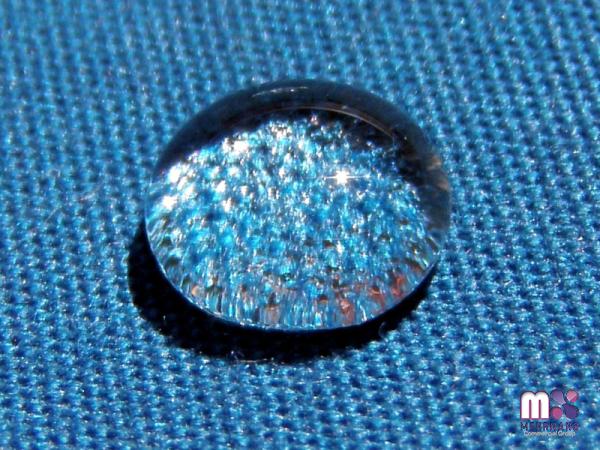




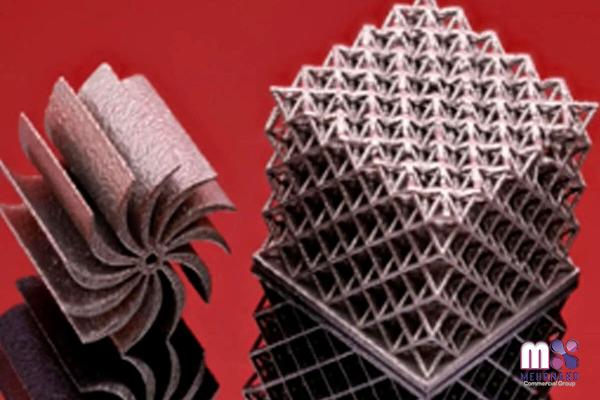
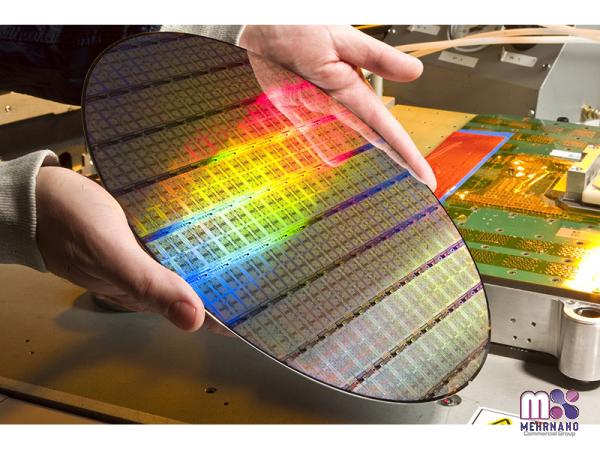

Your comment submitted.